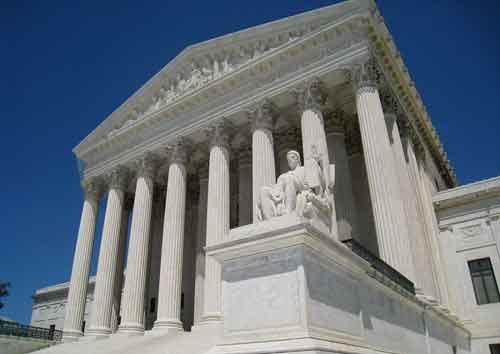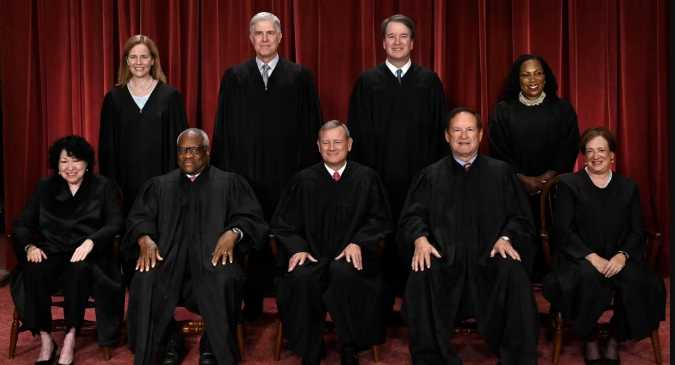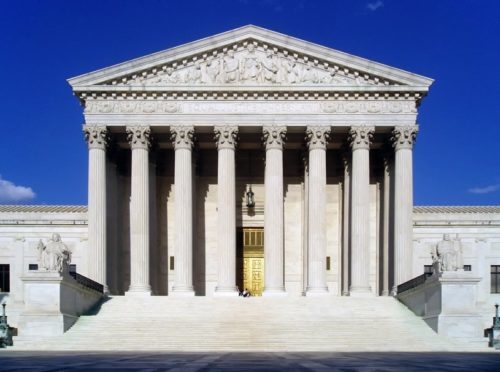“The Supreme Court should not adopt the plaintiffs’ proposed rule forbidding Congress from imposing affirmative obligations for three chief reasons:
“First, the distinction is based on language taken out of context from prior cases;
“Second, the distinction has no logical connection to the Commerce Clause and would need to be accompanied by exceptions for the draft, for mandatory vaccinations, for federal jury duty, and potentially other vital mandates;
“And third, the distinction would serve no functional purpose.
“Thus, evaluated through the frame of ordinary doctrine, the litigation looks like a slam-dunk for the government. But because the political stakes are so high, the litigation looks more like Bush v. Gore, making the result about as predictable as a 7-10 first-round matchup in March Madness.”
–Michael Dorf, constitutional law expert, former law clerk for Supreme Court Justice Anthony Kennedy and professor of law at Cornell University
Source: Cornell University







